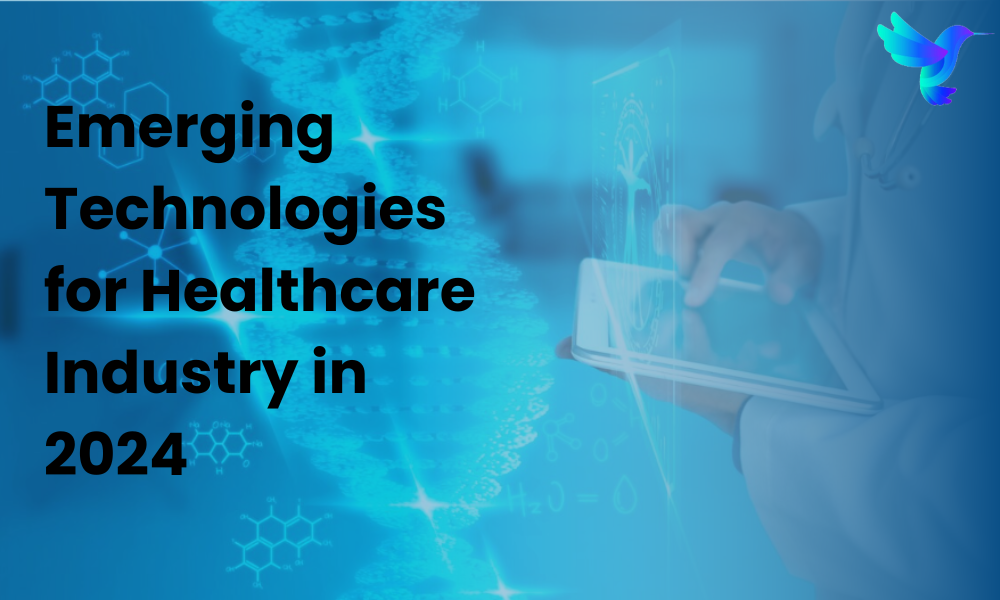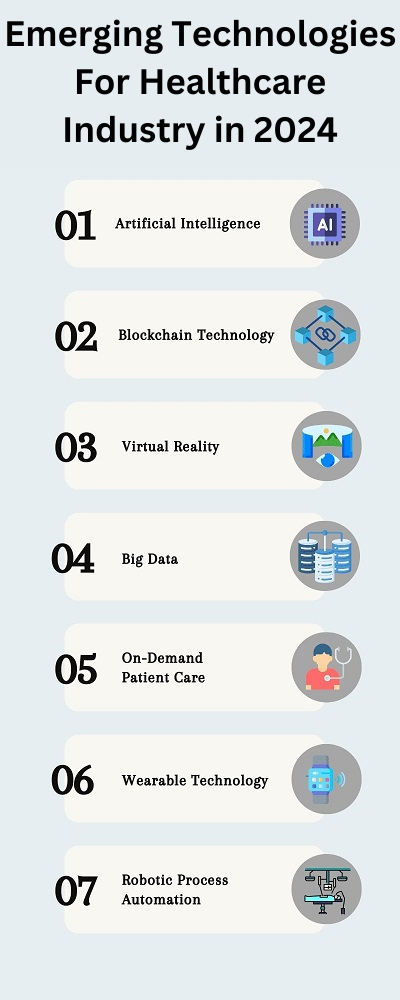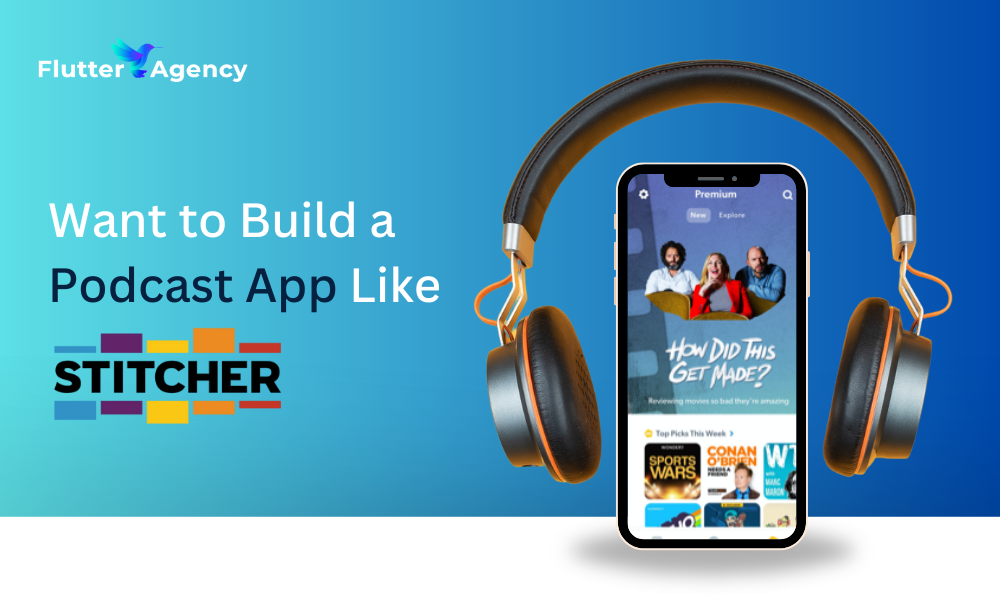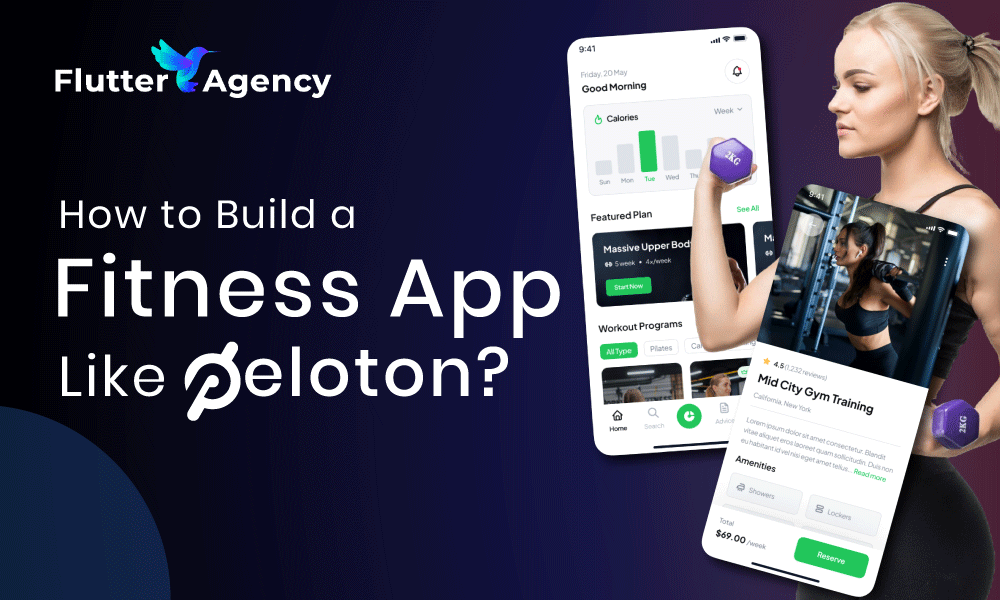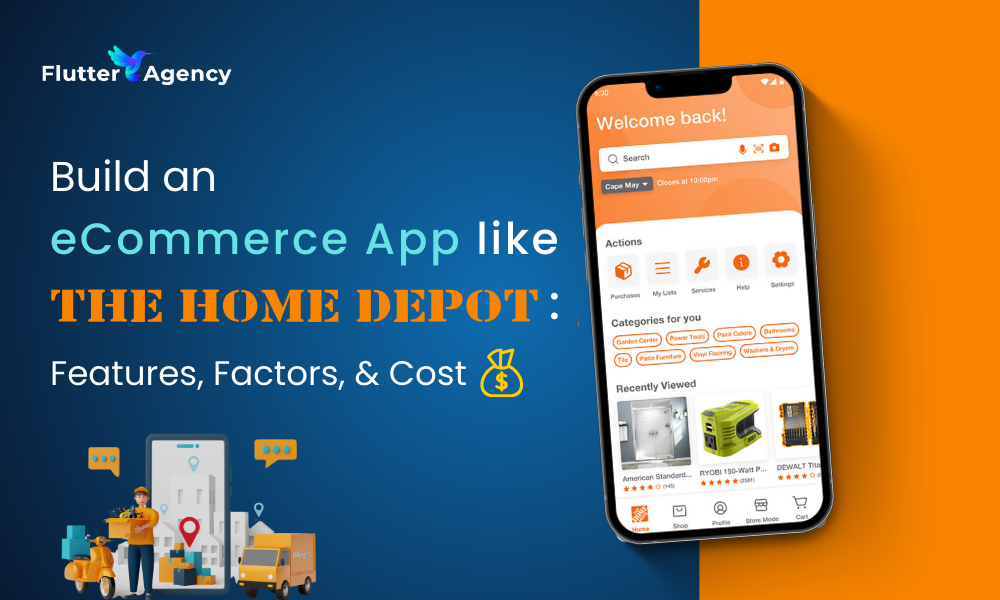Emerging Technologies for Healthcare Industry in 2024
Digital technology is transforming every industry. The healthcare industry is undergoing a dramatic transformation to stay with these trends. However, a digital transformation in Healthcare is all about a patient-focused approach to Healthcare. It will help healthcare organizations to streamline operations, learn about patient requirements and provide a personalized user experience.
This blog will discuss why digital technology is essential for the health industry and its customers. We also give information about the technological trends in the year 2024.
Digital Transformation in Healthcare
Digital transformation refers to integrating technologies, people, and procedures to deliver sustainable outcomes for patients and Healthcare. It makes use of innovative approaches, and the latest technologies will get the most benefits for the healthcare industry.
It means that it improves treatment quality and various services, accurate laboratory results, and has advanced techniques for medicine selection to cure diseases.
U.S. Digital Health Market Size & Trends Analysis Report
The U.S. digital health market was valued at USD 66.5 billion in 2021 and is expected to grow at the compound annual growth rate (CAGR) of 26.9% from 2022 to 2030. Digital healthcare services and improved internet connectivity will deliver remote healthcare services using the digital routes anticipated to drive market growth over the forecast years. Additionally, the growing demand for smartphones in the U.S. has made manufacturers invest and capitalize on the growth opportunities in the digital health industry. For example, in recent years, multiple applications have been launched in the market, like Doctors on demand, google fit, Amwell, etc. In the U.S.
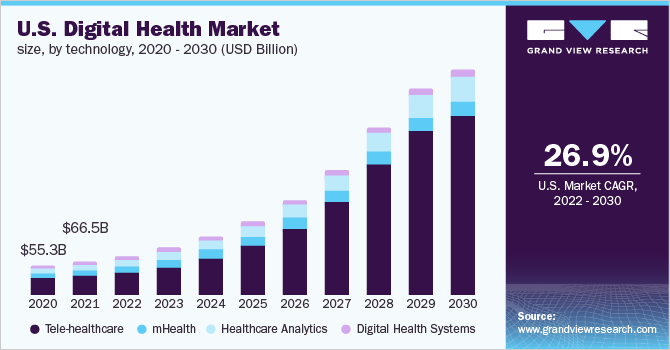
Use Cases of Digital Healthcare Solutions
Digital transformation analyzes how medical staff diagnose, monitor, and manage patient’s health with mobile apps. The primary objective is to integrate advanced Healthcare IT solutions to automate workflow procedures and compliances that reduce costs.
1. On-Demand Healthcare Solutions
Nowadays, people are becoming more dependent on smartphones, encouraging organizations to integrate innovative technologies in the healthcare field. Many professionals have collaborated with various medical facilities at a time.
It enables the healthcare staff to deliver on-demand services to their patients as per their expertise and experience. Hence, the demand for healthcare application development has risen to develop healthcare on-demand mobile applications.
2. Virtual Consultations
The most crucial change seen in Healthcare is the growth of virtual consultations. It enables you to meet with medical professionals from any area at your own convenient time, and also it is cost-effective.
Around 90% of patients are using telemedicine solution, which has become popular after a Pandemic. Patients can schedule appointments, interact with doctors through video chats, get detailed prescriptions, and more.
3. Health wearables
People have become more conscious about health and look for convenient means to track their health data. The wearable apps will help you track multiple health metrics and give accurate health data, including heart rates, blood sugar, and burnt calories.
Advantages of Digital Transformation in Healthcare
1. End-to-End Connectivity
IoT benefits healthcare to automate a patient care workflow by using healthcare mobility solutions and various innovative technologies. Innovative technologies will enhance interoperability, machine-to-machine communication, exchange of information, and data movement. The medical staff will customize a treatment when they identify ailments and illnesses in patients.
2. Timely Monitoring
Real-time monitoring is the life savior during diabetes, health failure, and asthma attacks. Monitoring a patient’s condition using medical devices will quickly gather health data and share it with physicians. The wearable device will give timely information, including blood pressure, blood sugar levels, ECGs, and weight.
3. Data Analysis
A considerable volume of patient-related information is very complicated to manage and store if availability is impossible after collecting the admin data from multiple devices and sources which is manually a challenging job. The devices will analyze data in real-time and eliminate the hassles of storage. Digital transformation helps the organization avail of vital healthcare analytics and data-driven insights to make quick and intelligent decisions.
Technologies for Healthcare Industry for 2024
1. Artificial Intelligence
AI in the healthcare industry has become a vital part, and we can not ignore its significance. AI is a perfect technology to examine unusual behavior, including fraud threats and will find malware. This technology will help patients to improve their standard of living and have proper control of their health. This latest and advanced technology is majorly used to create healthcare algorithms.
2. Blockchain
Blockchain will securely generate complete transaction histories to eliminate medical fraud. It has decentralized techniques that offer advanced security as the information is unalterable. With the presence of an innovative and intelligent payment system, claims are settled without any delay. Additionally, Blockchain solution provides timely access to digital form health records and leads to advanced patient treatment.
3. Virtual Reality
The technology was released for gamers, but now it is a crucial part of healthcare solutions. Doctors are implementing VR technology to benefit memory loss patients to recall their old memories, such as childhood homes, their favorite spots, and more. VR supports surgeons in visualizing potential obstacles before doing complex surgeries.
4. Big Data
Big Data in the healthcare industry prevents disease before it spreads and will develop the patient’s whole personal record, gather a family medical history for predictive analysis, lower the medical expenditures for patients and healthcare organizations, and treat chronic conditions. Big data has proved to be a miracle in Healthcare when paired with AI-based technologies and online databases. Big data helps to spot health trends and will give people prompt, trustworthy solutions for healthcare experiences and wellness.
Business intelligence solutions may increase economic growth and give additional health alternatives for physicians and patients. Analytics may assist healthcare businesses in reducing costs and will comprehend financial situations. However, clinicians also use predictive analysis to determine a patient’s health.
5. On-Demand Patient Care
It is new, and on-demand patient care is becoming popular as the world has become more mobile-friendly in recent years. It translates to real-time deployment and access to healthcare services online via websites and phone applications.
Also Read:
How to Build Doctors On Demand Mobile Application?
However, from remote video consultations to planning follow-up meetings online is encompassed. With the on-demand services, patients can promptly and conveniently access any services whenever they want with their intelligent devices promptly and conveniently.
6. Wearable Technology
Wearables technology in Healthcare apps includes electronic gadgets, like Fitbits or smartwatches, which they usually wear on their wrists. They capture data about a user’s exercise and health tendencies and transmit that information to a medical practitioner in real time. However, on-demand mobile apps help doctors to use this data to analyze health metrics and develop patient diagnoses and other uses.
Hence, wearables are becoming increasingly necessary in treating chronic conditions, from cardiac monitors and ECG apps to trackers for the reproductive cycle.
7. Robotic Process Automation
The widespread implementation of robotic process automation (RPA) in Healthcare has eliminated the inefficiency in the healthcare system.
Bots that RPA drives are a huge step forward in developing healthcare information technology. Health providers enjoy precise automation, cost reduction, and staff optimization and make improvements. On the patient side, AI algorithms will accurately assess patient symptoms and direct them to an appropriate clinician than the traditional search engines.
RPA’s technological advancement has brought robots to the healthcare system that mimic human behavior. RPA is now widely utilized in the healthcare industry for data administration, scheduling appointments, hospital management, and optimal care delivery.
These are only some of the significant trends in digital Healthcare. However, implementing them in medical enterprises can boost the whole performance of the industry!
Conclusion
Digital transformation in the healthcare industry has optimized and simplified the management of medical organizations, reduced paperwork, managed finance, and many more. However, the digitization of the medical sector contributes to the development of telemedicine in various regions. Hence, it provides a massive introduction to remote consultations. Flutter Agency is ready to help and is willing to update your industry with new ideas and technologies. Contact us today to tailor your healthcare organization with modern technologies.
More Resources:
A Comprehensive Guide to Healthcare Website & App Design
Healthcare Software Solution- Innovative Medical Solution for Future
The Role Of cloud computing in healthcare industry?
Frequently Asked Questions (FAQs)
1. How is digital transformation changing the healthcare industry?
The digital transformation in Healthcare will give a brief overview of how medical units diagnose, monitor, and manage patient health. The primary objective is to implement innovative and unique Healthcare IT solutions to optimize major workflow processes and compliances and will improve patient services and reduce costs.
2. What are the benefits of the latest technologies in healthcare development?
It gives easy access to patient medical records, reduces medical errors, more excellent patient care, and improves patient education.
3. How is digital technology helping the healthcare sector?
It helps to track symptoms, online tools to diagnose conditions, and programs that analyze data from medical devices like blood pressure monitors. All these are digital health technologies. It is convenient, and you can use it anytime and anywhere.
4. What is the future of technology in Healthcare?
More advanced technology like Artificial Intelligence and Machine learning leverages predictive analysis in Healthcare. The valuable tools are continuously undergoing innovation and help to enable potentially life-saving predictions for patients.
Contemporary ventures
Recent blog
ready to get started?
Fill out the form below and we will be in touch soon!
"*" indicates required fields

